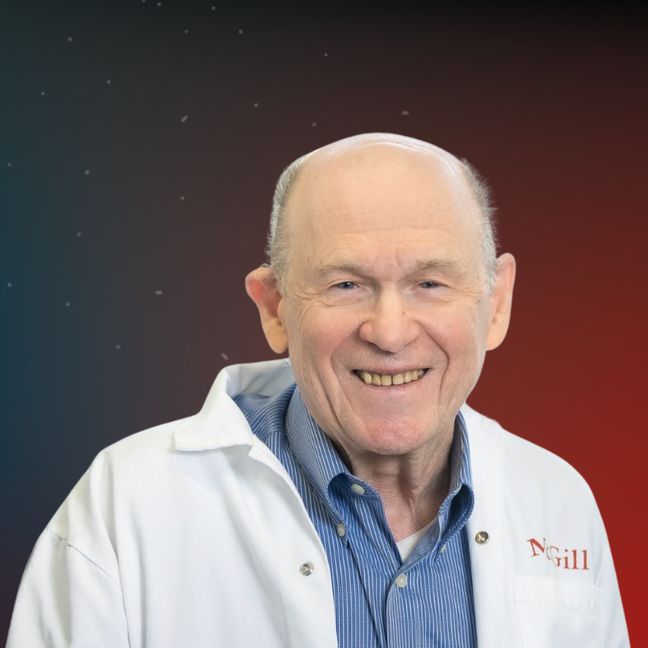Program

John Diffley, PhD, FRS, FMedSci
The Francis Crick Institute, London, UK

Nada Jabado, MD, PhD, FRSC
Research Institute of the McGill University Health Centre, Montreal

Mathieu Lupien, PhD, FRSC
Princess Margaret Cancer Centre, University of Toronto

Jacques Côté, PhD, FRSC
Centre de recherche du CHU de Québec-Université Laval

Nahum Sonenberg, PhD, FRS, FRSC, OC
Goodman Cancer Institute, McGill University, Montreal

Katherine Borden, PhD, FRSC, FCAHS
Institut de Recherche en Immunologie et Cancérologie, Université de Montréal

Ly P Vu, PhD
Terry Fox Laboratory, British Columbia Cancer Research Centre, Vancouver

Martin Simard, PhD
Centre de recherche du CHU de Québec-Université Laval

Christian Landry, PhD
Institut de Biologie Intégrative et des Systèmes, Université Laval

Anne-Claude Gingras, PhD, FRSC
Lunenfeld-Tanenbaum Research Institute, University of Toronto

Marc Therrien, PhD
Institut de Recherche en Immunologie et Cancérologie, Université de Montréal

Nicolas Bisson, PhD
Centre de recherche du CHU de Québec-Université Laval

Elaine Fuchs, PhD, HHMI, NAS, FRS
Howard Hughes Medical Institute, The Rockefeller University, New York